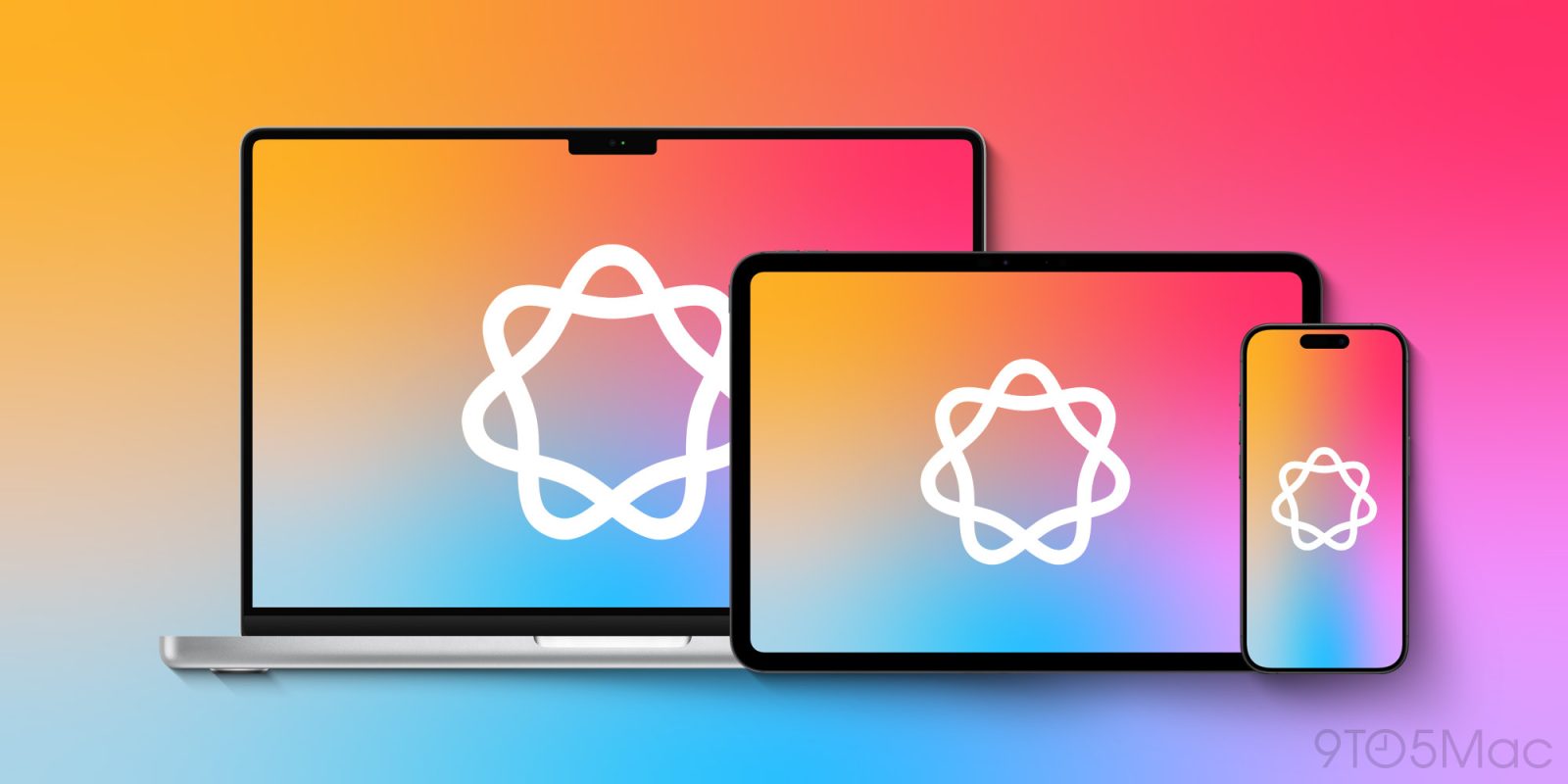
Apple Intelligence is available now in developer betas for iOS 18.1, iPadOS 18.1, and macOS 15.1. It will launch publicly to all users later this fall. The device requirements are strict, presumably to delivery a quality experience no matter what device you’re using. I’ve measured the performance of Apple Intelligence across my own devices, and here’s what I’ve found.
My hardware for testing Apple Intelligence performance
Currently Apple Intelligence only works on one class of iPhone: the 15 Pro line. So performance should be the same between the 15 Pro and Pro Max thanks to their identical chip.
With the iPad and Mac, however, there’s a lot more variability. Each platform supports Apple Intelligence starting with the M1 chip. The M1 first debuted in 2020, while the best-in-class M4 arrived just a few months ago.
My test hardware for Apple Intelligence has been the following:
- iPhone 15 Pro
- M4 iPad Pro
- M1 MacBook Air
I’ve used Apple Intelligence across these devices ever since the first 18.1 beta a couple weeks ago. The tests documented below were performed using developer beta 2, which was released on August 12.
Here’s a performance comparison for each device when using various Apple Intelligence features.
Photos Memory movie creation
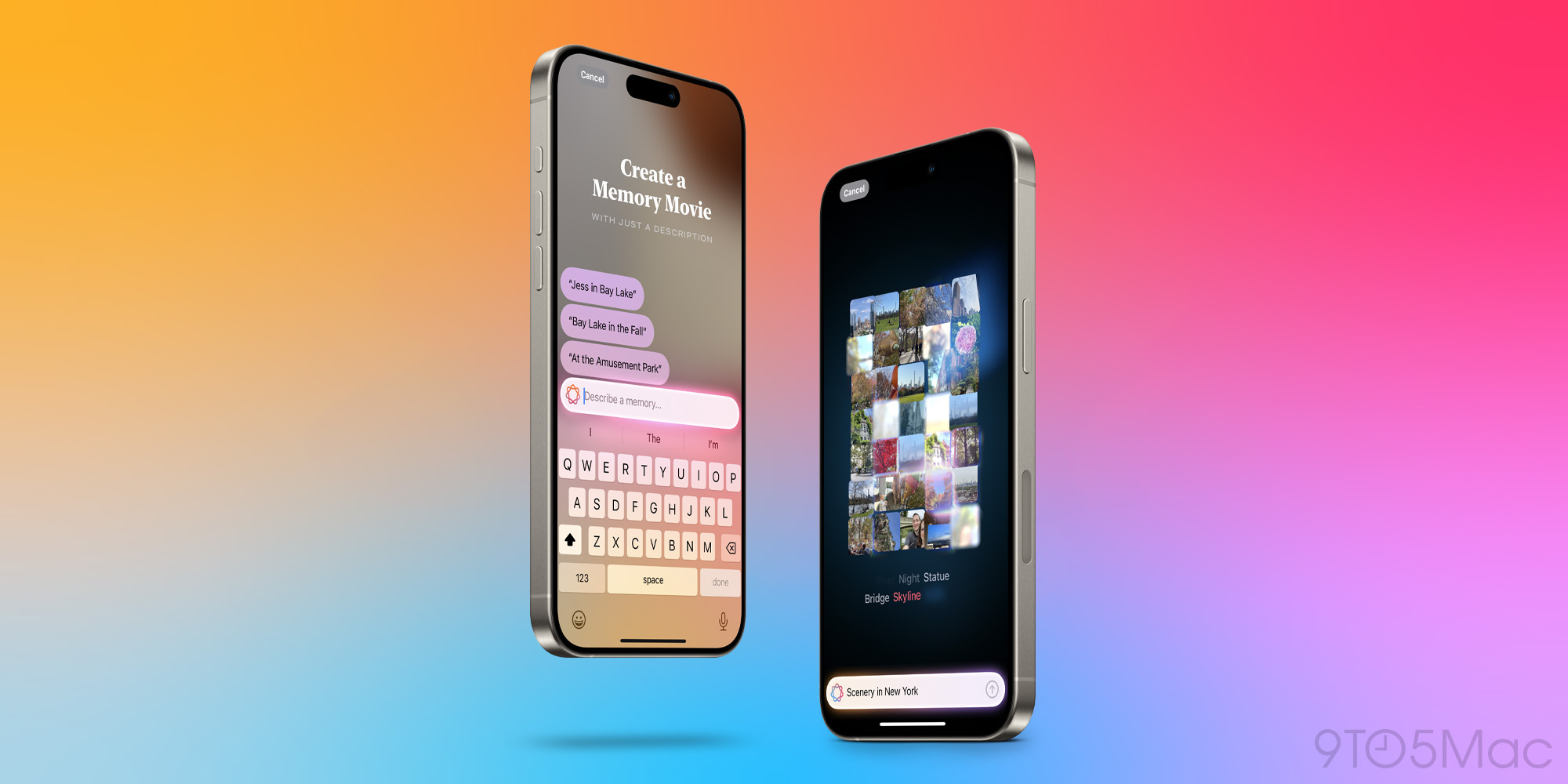
My personal sleeper hit Photos feature in iOS 18.1 requires a lot of processing power to run. The feature lets you provide instructions for the type of Memory movie you’d like created. AI then searches your library to identify photos and videos that match the prompt, and creates a new movie on the spot.
When performing my latest timing test, I used the prompt, “My birthdays” for the movie. Here’s how long it took each device to create the new Memory.
- iPhone: 19 sec
- iPad: 15 sec
- Mac: n/a (macOS currently doesn’t offer this feature)
I’ve used this feature a lot, and have consistently found that my iPad Pro creates movies faster than the iPhone 15 Pro. No surprise there. But it’s noteworthy that the difference between devices isn’t huge.
Siri’s speed and responsiveness
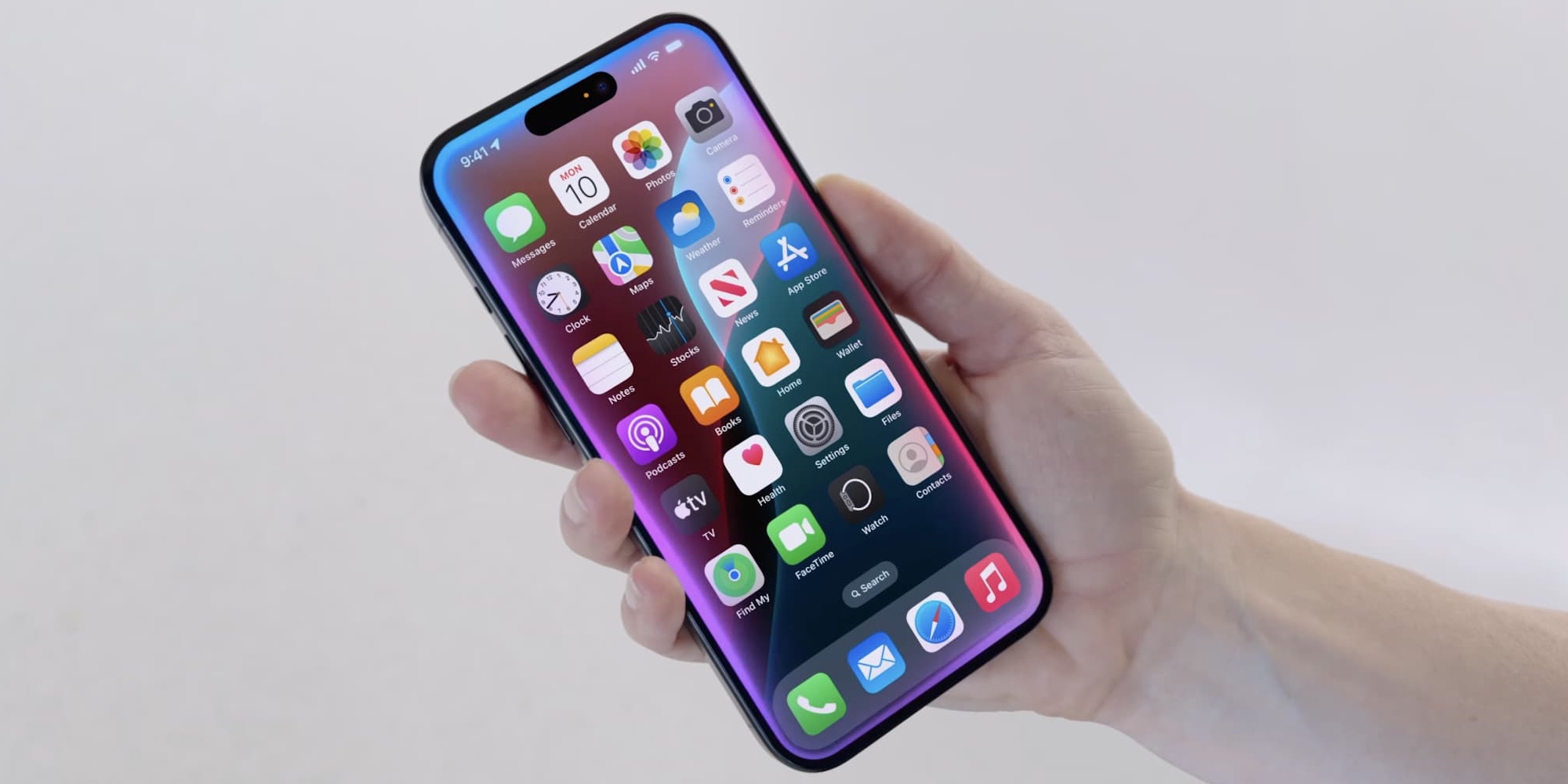
I’ll keep this brief, because there isn’t much to say.
Siri across all hardware platforms offers identical performance.
In all my tests, there was no discernible difference between Siri’s speed on the M4 iPad Pro and the M1 MacBook Air or iPhone 15 Pro. It has been fast and responsive no matter what device I’ve used.
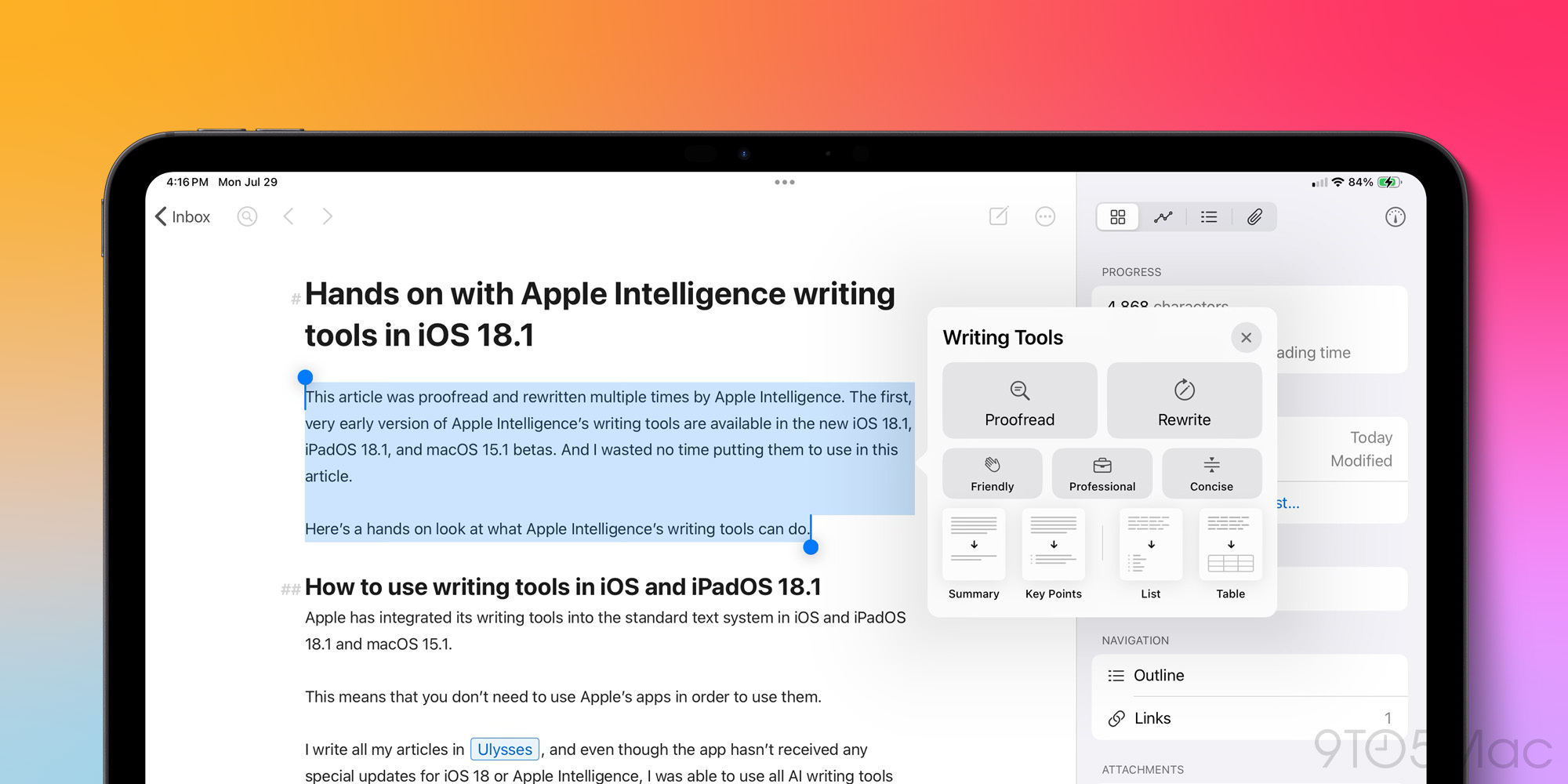
One of the tentpole Apple Intelligence features is its writing tools. While ChatGPT integration isn’t available quite yet, there are still a handful of solid Apple-created writing aids built into Apple Intelligence. You can read about my experience using them here.
What I quickly learned when testing writing tools across my devices is two things:
- These are betas, and often bugs in the interface would delay performance, so keep that in mind
- As you would expect, the longer the text being analyzed, the more a device’s chip matters
For this article I wanted to test two different lengths of writing: a 100-word email, and a 600-word article.
Here’s how my devices fared when using the Proofread and Rewrite features of Apple Intelligence.
Proofread
Email: 100 words
- iPhone: 2 sec
- iPad: 2 sec
- Mac: 2 sec
Article: 600 words
- iPhone: 6.5 sec
- iPad: 5 sec
- Mac: 6.5 sec
Rewrite
Email: 100 words
- iPhone: 4 sec
- iPad: 3 sec
- Mac: 3 sec
Article: 600 words
- iPhone: 21 sec
- iPad: 16 sec
- Mac: 20 sec
As you can see, with the email-length text, Apple Intelligence offered nearly identical performance across all platforms. It was very quick regardless of device, which is great because I expect most people will use AI for shorter content like this. Emails, text messages, and the like will receive near-instant AI support.
With the article-length piece, the amount of time required was more noticeable. There was also more of a difference between devices. These rewrites in particular raised a lot of UI issues and bugs in the iOS 18.1 betas. This leads me to believe the times will get shorter as those issues get worked out.
Safari summaries
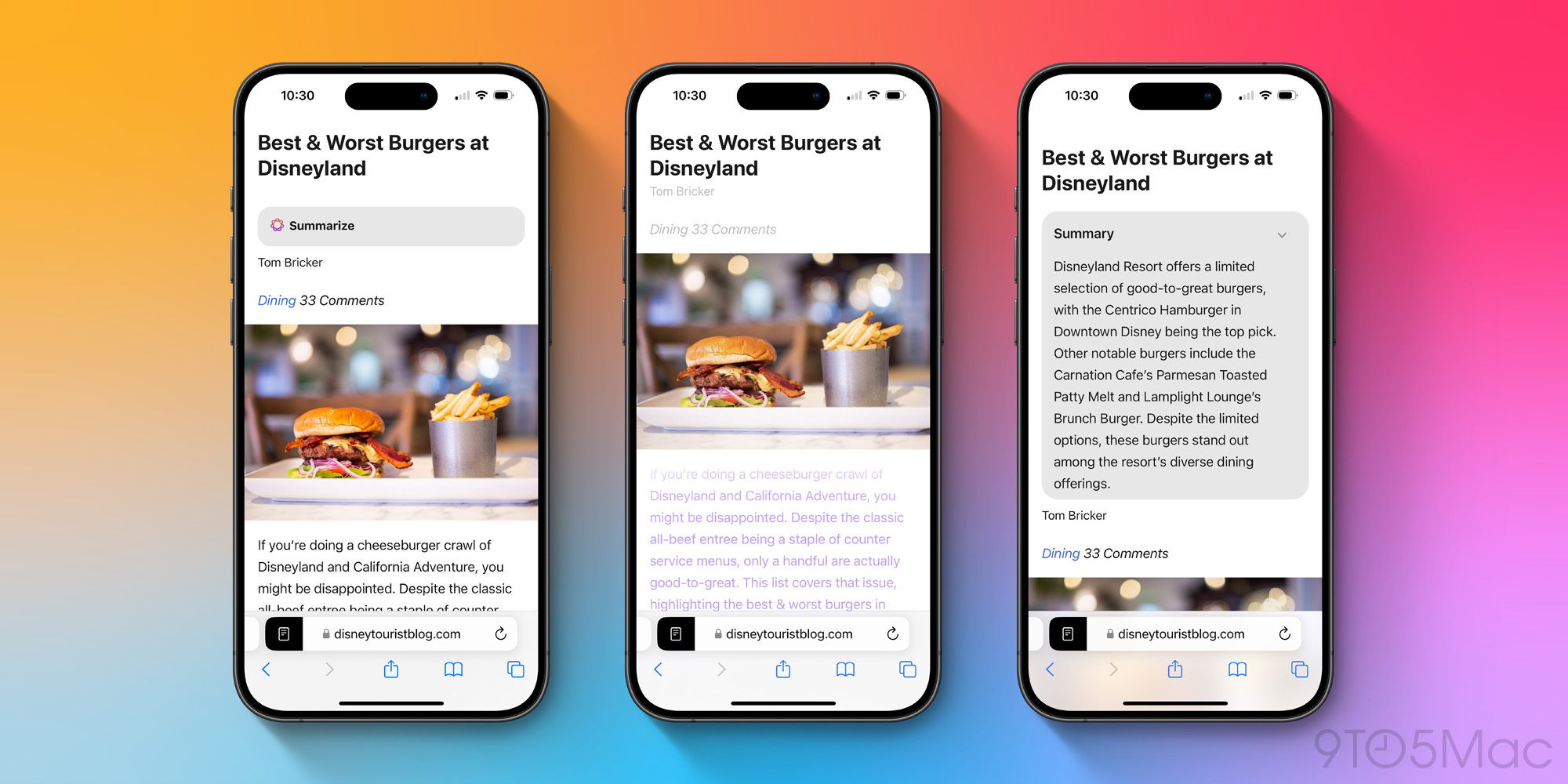
Safari has one small AI-powered feature in iOS 18.1. You can get webpage summaries upon request. When opening a page in Reader view, you’ll see a Summarize button accompanied by the Apple Intelligence logo. Here’s how my devices fared summarizing this article about Villains Land coming to Disney World.
- iPhone: 3.5 sec
- iPad: 3.5 sec
- Mac: 3.5 sec
That’s right, every device offered identical performance. The summaries felt fast no matter the platform I was using.
Apple Intelligence performance conclusion
It’s still early days for Apple Intelligence. We’re only on developer beta 2 of iOS 18.1, so there are plenty of improvements to come before the public release—likely at the end of October.
Overall, apart from some beta bugs, I’ve been very happy with the performance I’ve seen from Apple Intelligence across my devices.
Small tasks—Siri requests, Safari summaries, and email-length rewrites—have all been equally fast no matter my device. Which is fantastic. It’s great that my four-year-old M1 MacBook Air doesn’t feel any slower than my brand new M4 iPad, or the iPhone that I carry around in my pocket.
When Apple Intelligence launches to the public, most people will be doing these ‘small tasks’ most of the time. So Apple providing a fast experience regardless of device is a plus.
For the more processor-intensive tasks, the differences between devices starts to show.
It’s notable that my iPhone was generally the slowest device. Though just barely, it was beat by a Mac that’s several years older. That’s not surprising for a phone-class A-series chip, but I’m curious to see how iPhone chips get more optimized for AI tasks over time.
How has Apple Intelligence performance been for you? Let us know in the comments.
FTC: We use income earning auto affiliate links. More.

 3 months ago
23
3 months ago
23

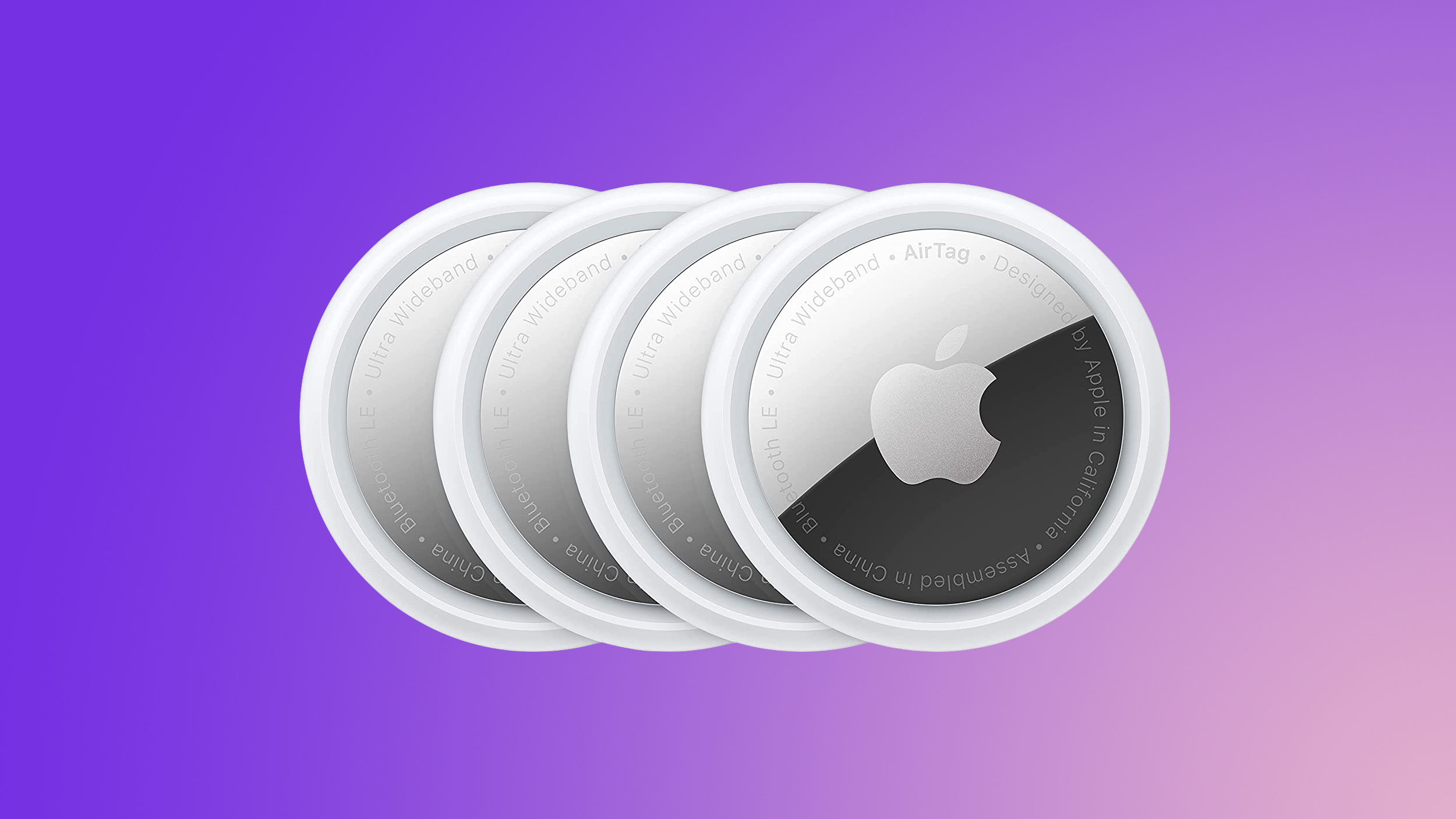





 English (US) ·
English (US) ·